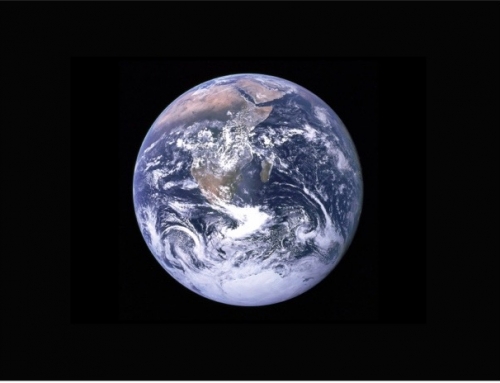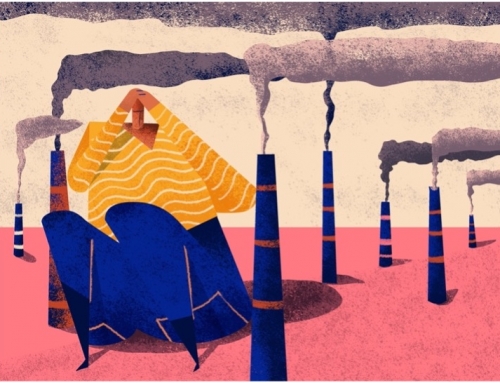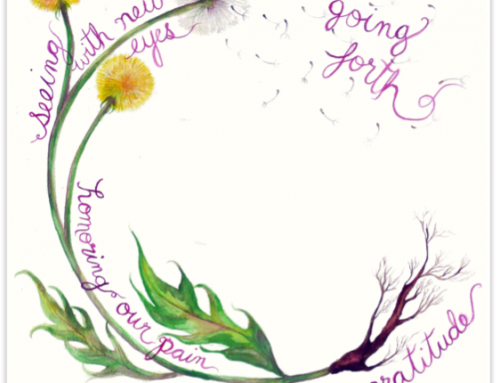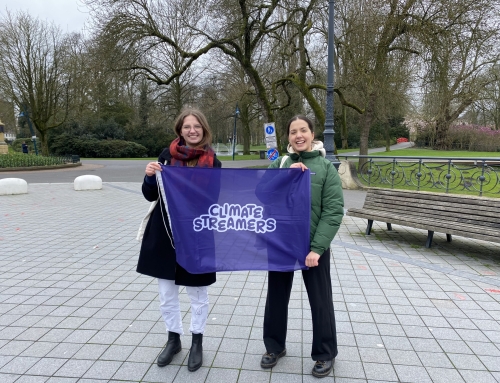How Three Non-Environmental Books Influenced My Climate Activism
In my previous blogs, I talked about how environmental issues have impacted me as a social innovator and person. But my journey hasn’t just been limited to my studies. During my free time, I’ve taken part in many different environmental actions side by side with Fridays for Future and Extinction Rebellion; I’ve attended conferences, talked to people about various environmental topics, and read a lot – from academic papers to international reports and books – to expand my understanding of environmental issues.
As a climate activist, I believe finding inspiration in unexpected places is essential. That’s why in this blog, I want to share with you how three non-environmental books have influenced me on this journey. These books might not be what you’d expect to find on an environmentalist’s bookshelf, but they’ve played a crucial role in shaping my views and inspiring me to take more action. Thanks to them, I’ve realized that the world isn’t necessarily doomed and that progress is still possible. I’ve discovered the importance of empathy and self-care in activism and the power of ancestral trauma in shaping our relationship with the world and those around us.
I hope that by sharing my experience with these books, you’ll be inspired to explore further your journey as a fellow inhabitant of Planet Earth. Because no matter where we find it, the right inspiration can be what motivates us to keep fighting for a better world. And who knows, you might even discover it in a psychology book, just like I did!
Factfulness by Hans Rosling
The first book I would like to introduce you to is “Factfulness: Ten Reasons We’re Wrong About the World – and Why Things Are Better Than You Think by Hans Rosling” (2020).

I discovered this book early on in my studies while researching the devastating impact of deforestation on indigenous communities. At the time, I had lost faith in humanity after reading so much about the destruction of our planet and its inhabitants. However, Factfulness challenged my pessimistic worldview and gave me a refreshing perspective.
In the book, Rosling debunks common misconceptions about the state of the world by identifying ten instincts that usually lead people to have an overly negative and, therefore, inaccurate view of the world. Using scientific data, he shows that the world has made significant progress in many areas, such as poverty and human rights. While the book isn’t focused on the environmental crisis specifically, it helped me remember and appreciate humankind’s progress. Seeing all those graphs and reading Rosling’s data analysis gave me hope that there’s always something worth fighting for. Although sometimes what we do seems like a slight drop in an endless ocean, one day, we will look back and realize everything we’ve done to make this world a better place. Our individual actions may seem small, but collectively, we can make a significant impact.
How to Stay Sane in an Age of Division by Elif Shafak
Another book that has been crucial to my journey as a climate activist is “How to Stay Sane in an Age of Division by Elif Shafak” (2020). This book dives into our time’s political and social divisions and provides strategies for maintaining mental health in a polarized world.
I discovered this book while researching polarization in climate movements and the role of media. Shafak’s work offers valuable insights into the reasons behind our society’s polarization, connecting it to factors such as social media and economic inequality. According to her, our current era is characterized by anxiety, fragmentation, and division, but she provides tools and approaches to navigate this landscape. By cultivating empathy, connection with others, tolerance of differences, and emphasizing the importance of self-care and creativity, Elif provides the reader with concrete starting points to tackle polarization.
“When you feel alone don’t look within, look out and look beyond for others who feel the same way, for there are always others, and if you can connect with them and with their story, you will be able to see everything in a new light.”
Elif Shafak, How to Stay Sane in an Age of Division (2020)
“When you feel alone don’t look within, look out and look beyond for others who feel the same way, for there are always others, and if you can connect with them and with their story, you will be able to see everything in a new light.”
Elif Shafak, How to Stay Sane in an Age of Division (2020)
It Didn’t Start with You by Mark Wolynn
One of the most impactful books I have ever read in my entire life is “It Didn’t Start with You: How Inherited Family Trauma Shapes Who We Are and How to End the Cycle by Mark Wolynn” (2016).
In this book, Wolynn’s deep exploration of inherited trauma and its effects on our lives was truly eye-opening. He presents extensive scientific research and data to support his theory that trauma can be passed down through generations, leading to physical symptoms, unconscious beliefs, and behaviours that affect our everyday lives. This powerful book made me reflect not only on my personal experiences but also on how the climate crisis perpetuates trauma that may be passed down to future generations. It’s important to consider how our actions today may impact the well-being of our descendants and the world we leave behind. This book has been a critical tool in my activism, as it highlights the importance of acknowledging and healing the traumas we carry with us as we work to create a better future.
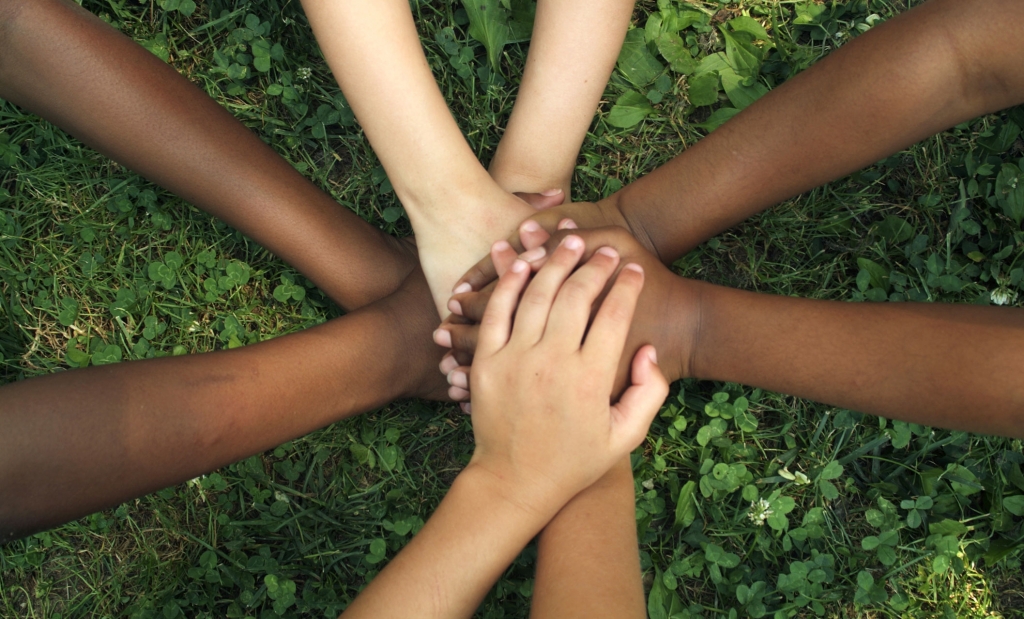
Transformative Readings, Transformative Actions
Looking beyond the conventional environmentalist readings, I have expanded my horizons and gained a more nuanced understanding of the world around me. These books have allowed me to bring fresh ideas and approaches to my work as a Social Innovator and Climate Streamers member and have enriched my personal life. Through them, I have learned to appreciate the environmental emergency’s complexity and view it through a deeper lens that avoids simplistic labels and stigmas. These books influenced my approach to environmentalism and resonated with essential values that I carry and have learned from my family, ultimately shaping my perspective on the issue.
I hope that by sharing my experience with these books, I have inspired you to continue exploring your own journey as a co-inhabitant of our beautiful planet. There is so much more to learn and explore, and I am excited to continue this journey with all of you. So, stay tuned for more insights and inspiration to come!
References
Wolynn, M. (2016). It Didn’t Start with You: How Inherited Family Trauma Shapes Who We Are and How to End the Cycle. Penguin.
Rosling, H., Rönnlund, A. R., & Rosling, O. (2020). Factfulness: Ten Reasons We’re Wrong About the World–and Why Things Are Better Than You Think. Flatiron Books.
Shafak, E. (2020). How to Stay Sane in an Age of Division: The powerful, pocket-sized manifesto. Profile Books.

